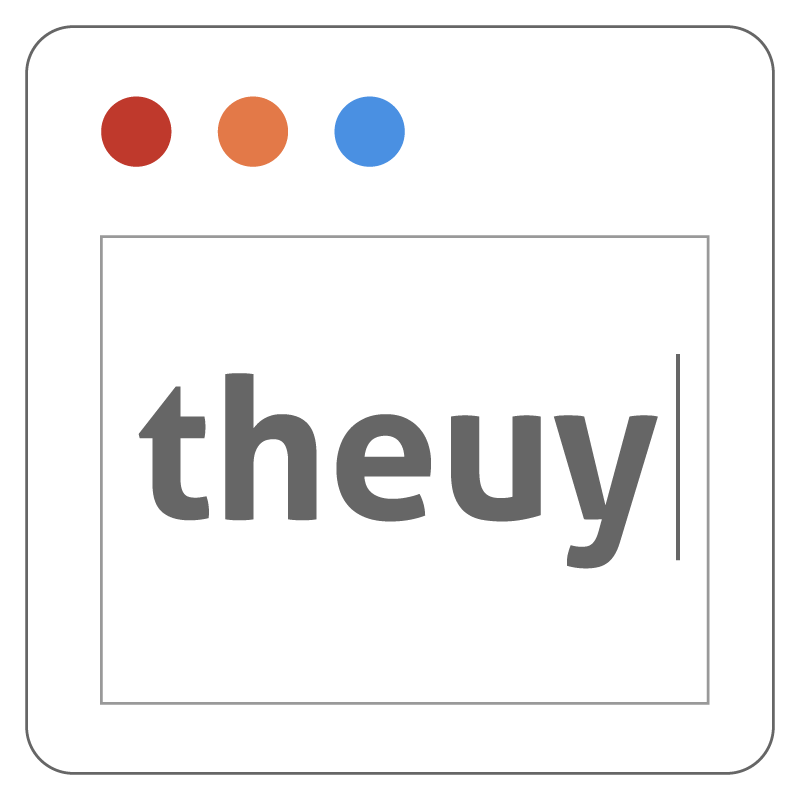Are you looking for an in-depth guide to the B2B software market in the Netherlands? Look no further! This blog post has everything you need to know about the B2B software market in the Netherlands and how to position your offerings effectively. We’ll explore the software market landscape, share data and insights, and help you understand how to maximize your market opportunities. So, if you're interested in learning more about the B2B software market in the Netherlands, read on!
Economic Overview
The Netherlands is a small, yet affluent, nation located in western Europe. It has a population of over 17 million people and one of the highest GDPs per capita in Europe. According to the IMF, the Dutch economy grew by 2.2% in 2019 and is expected to grow by 1.9% in 2020.
In terms of technology, the Netherlands has been a leader in the European Union. It ranks among the top countries for technology adoption and e-commerce growth, as well as its strong focus on digital transformation. The nation is also ranked second worldwide in terms of tech startups with a total of 1,650 firms established since 2012.
When it comes to the software market, the Netherlands is the second largest market in Europe. The software sector accounts for around 4% of the country’s total GDP, making it an important player in the nation's economy. In 2019, the Dutch software market was estimated at €24 billion and is projected to reach €29 billion by 2023.
The key sectors driving the software market in the Netherlands are finance & insurance, retail, media & entertainment, government & public services, health & education, and manufacturing. Within these sectors, software solutions are in high demand due to their ability to improve productivity and cost-efficiency.
The Dutch B2B Software Market
The Netherlands is a thriving market for B2B software and services, with numerous companies offering a wide range of solutions. In recent years, the market has been rapidly evolving, with an increased focus on digital transformation initiatives. Companies in the Netherlands are investing heavily in digital technologies such as cloud computing, artificial intelligence (AI) and the Internet of Things (IoT), in order to remain competitive in today’s rapidly changing business environment.
The Netherlands is home to a diverse software market, including both global and local players. Major international software vendors such as Microsoft, Oracle, IBM, Adobe and SAP have a significant presence in the Netherlands, while smaller Dutch companies such as Topicus, Xebia and Exact are also well established. There are also many smaller startups, providing innovative solutions for businesses across various sectors.
According to Statista, the Netherlands was the eighth-largest software market in Europe in 2018, with a market value of over $5 billion. This figure is expected to continue to grow as more organizations seek out software solutions to meet their specific needs.
The software market in the Netherlands is largely driven by technology trends such as artificial intelligence (AI) and the Internet of Things (IoT). Companies are investing heavily in these technologies to gain a competitive edge and improve customer experiences. For example, Dutch telecom provider KPN recently launched an AI-powered chatbot that can answer customer inquiries quickly and accurately.
The Netherlands is also home to a number of innovative startups, developing solutions for various industries such as retail, logistics and healthcare. These companies are playing a key role in driving the software market forward, creating new opportunities for businesses.
Overall, the software market in the Netherlands is growing rapidly, and provides numerous opportunities for companies looking to expand their offerings. As the market continues to evolve, it is important for companies to stay up to date on the latest trends and developments in order to position their offerings more effectively.
Sizing Up the Competition
Understanding the competitive landscape of the B2B software market in the Netherlands is a critical step in successfully positioning and selling your product. It is important to gain insight into the existing players, their strategies, and how they’ve been successful. By doing so, you can identify gaps in the market and develop a go-to-market strategy tailored to the unique dynamics of the Dutch market.
The Netherlands is home to a range of software providers, both global and local. Global providers such as Microsoft, Adobe, SAP, Oracle, and Salesforce have a presence in the Dutch market and offer a wide array of solutions for businesses of all sizes. In addition, there are a number of local software providers such as Insignia, Exact, and Axxerion that specialize in solutions tailored to the Dutch market. These providers offer solutions in areas such as customer relationship management, accounting, eCommerce, and marketing automation.
When analyzing the competitive landscape of the B2B software market in the Netherlands, it is important to consider how these providers differentiate themselves. While most providers offer similar products, pricing and customer service are key differentiators that can help you stand out from the competition. Additionally, evaluating the reviews and ratings of each provider on sites such as Gartner Peer Insights can give you an idea of how well each provider is performing relative to its peers.
By understanding the competitive landscape of the Dutch B2B software market, you can identify gaps and opportunities for your own product. With this knowledge, you can develop a go-to-market strategy tailored to your target audience and gain a competitive edge in the Netherlands.
Go-To-Market Strategies for Success
The Netherlands is a highly competitive market for B2B software vendors. To succeed, companies need to develop a solid go-to-market strategy that aligns with their business goals and the unique needs of the Dutch market. Here are some tips to help you get started:
- Research Your Audience: Understand who your potential customers are, what they need, and what resonates with them. Use this knowledge to develop targeted campaigns and messaging that speaks to their pain points.
- Identify Key Partnerships: Partnering with local companies can be a great way to boost visibility and credibility. Look for organizations that have an existing presence in the Netherlands, such as established cloud providers or software developers.
- Consider Localization: Dutch consumers prefer to communicate in their own language. Investing in localized content, website, and product features will help you stand out from the competition.
- Be Data-Driven: Utilize data analytics to track and measure your progress. This will enable you to adjust your go-to-market strategies based on insights from your customers and markets.
By following these best practices, you can ensure that you are leveraging the most effective strategies for success in the Netherlands B2B software market. Good luck!
Forrester WaveTM: Digital Experience Platforms, Q4 2019
In the fourth quarter of 2019, Forrester published their WaveTM report on digital experience platforms. The report provided an in-depth evaluation of the top digital experience platform providers and their offerings in the Netherlands. The report evaluated vendors on factors such as strategy, current offering, market presence, and customer satisfaction. The findings from this evaluation revealed that Salesforce, Adobe, and Microsoft are the leading digital experience platform providers in the Netherlands.
Salesforce was the clear leader in the Netherlands, with its highly rated core services, large global presence, and customer success initiatives. Adobe came in second place with its focus on content management and customer engagement solutions, while Microsoft rounded out the top three with its user-friendly products and services. All three of these vendors have deep experience in delivering high-quality digital experiences to their customers in the Netherlands.
This report highlights the importance of leveraging digital experiences to engage customers and build stronger relationships. Companies that invest in digital experience platforms should ensure they choose a vendor that is right for their specific needs. By carefully evaluating each vendor's offerings, companies can make sure they get the most value from their platform investments.

